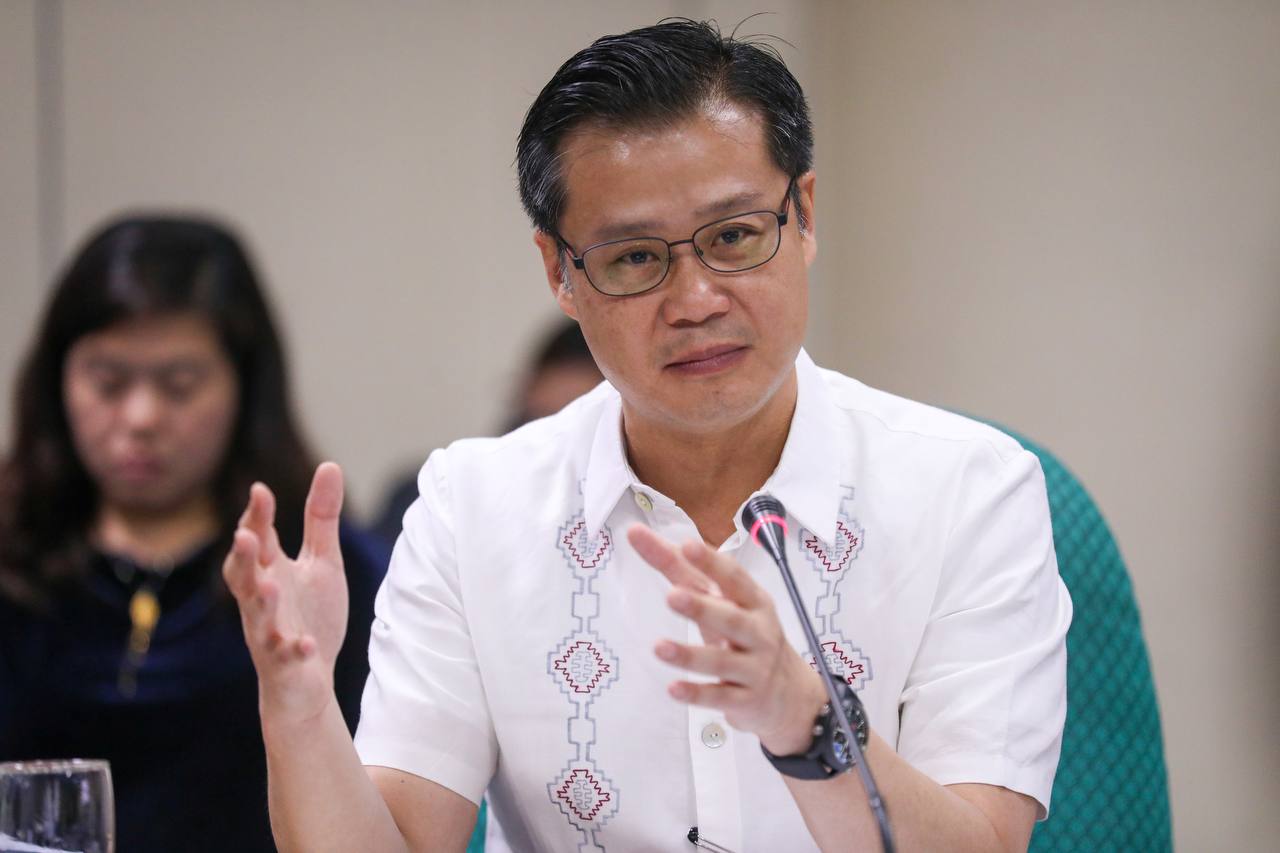While the Mother Tongue-Based Multilingual Education (MTB-MLE) policy under the K to 12 Law mandates the use of learners’ first language as the medium of instruction for Grades 1 to 3, some schools end up using regional languages that children are unfamiliar with.

Senator Win Gatchalian raised this in a committee hearing on the implementation of the MTB-MLE, where he flagged that the realities of teachers and learners on the ground do not reflect the intention of the law.
Gatchalian pointed out that the current MTB-MLE policy of the Department of Education (DepEd) only covers 19 languages. The Komisyon sa Wikang Filipino (KWF), however, lists down 130 languages, while the Philippine Statistics Authority’s 2020 (PSA) Census of Population and Housing records 245 languages.
“My point is we’re supposed to start where the children are with 245 languages, but if we go to our schools, there are only 19 languages. That’s a big disconnect. If we stay true to the essence of the law, then we have to be teaching in 245 languages, because that’s their mother tongue as enshrined in the law, but we’re only using 19,” said Gatchalian.
“There’s a disconnect between the intention of the law and what we’re doing in the DepEd,” the senator emphasized.
Gatchalian also pointed to the example of the Bicol Region, where the United States Agency for International Development’s (USAID) Advancing Basic Education in the Philippines (ABC+) Project conducted language mapping. Results of the language mapping conducted in partnership with the Summer Institute of Linguistics (SIL) identified 13 languages in the region.
Out of the 19 languages covered by the MTB-MLE, however, only Central Bikol came from Region V. The USAID also estimates that only 50% of learners in the region speak Central Bikol. Gatchalian further flagged that despite the linguistic diversity of the Bicol region, the DepEd only distributed materials in Central Bikol and Tagalog.
In a privilege speech delivered on May 31, 2023, Gatchalian called for a national impact assessment of the MTB-MLE.
The chairperson of the Senate Committee on Basic Education also said that the inquiry on the implementation of the MTB-MLE will continue to determine the best step forward in addressing the program’s woes.


